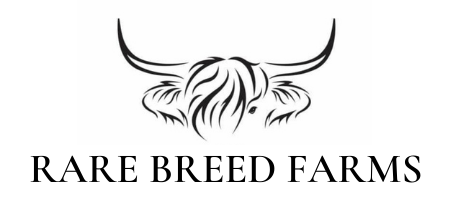
Do You Know About the Perfect Protein?
Pasture raised eggs. They are truly a complete protein.
Did you know that all B vitamins are found in eggs, including B1, B2, B3, B5, B6, B12, choline, biotin, and folic acid?
You probably know that eggs are a good source of omega-3, but did you know that pasture raised eggs are higher than all the others? And the darker orange the higher in omega-3s and nutritional value?
But not all eggs are created equal.
Standard White Eggs. Roughly 95% of store eggs come from industrial chicken houses where hens are crammed into small cages, rows upon rows, fed a steady diet of layer feed which could include anything from actual grains to animal waste and feces. In order to ward off possible disease, thanks to their close quarters and no access to the outdoors, the hens might also be fed additional antibiotics. Not a very humane or happy life. Sure, these eggs are cheap, but you get what you pay for. Eggs that are lower in nutritional value and are not a beneficial to the health of you or your family.
Cage Free Eggs are not much better. Large chicken houses are filled with chickens that are not inside small cages, but still raised inside a confined, over-populated environment, no access to outdoors, and fed the same or similar diet as the battery caged chickens discussed above.
Free Range Eggs are cage free hens that are given access to a small caged in outer area connected to their confined, industrial chicken house. So basically, there are thousands of chickens in a confined space that can walk through a small door leading to say, a 10 x 10 foot enclosed outer area. Yeah, that wasn't your idea of free range, was it?
Vegetarian Fed means nothing at all, except the hens are still in a confined chicken house and given a purely grain diet with some added vitamins and nutrients. Also, it is important to remember, God created chickens as omnivores, not vegetarians.
Organic Eggs. This is probably the most misleading label for consumers. Organic basically means the hens have been feed a diet of organic feed. Their living environment is pretty much the same as the others.
Pasture Raised is typically the best egg you can get in the super market. However many times, even though these hens are living a life outdoors, they can still be in an overcrowded environment. But still, the best option at the grocery store.
So, how about our farm fresh, pasture raised, free range, organic eggs?
Well, we did a picture comparison of our eggs (on the right) and a popular pasture raised store brand egg (on the left).

You'll notice that the yolks of our eggs are darker, almost orange. Our hens are given an organic layer feed, raw milk, vegetables from our garden, and they have full access to the outdoors, where they feast on bugs, grass, weeds, and seeds. Because our chickens forage for their food, the yolks are darker indicating a healthier egg, high in nutritional value. As you can tell from the store egg, the yolk broke very easily, even though I was very careful with it. Our yolks are thicker, and stronger and hold up better.
Pasture raised eggs from the farm are:
- lower in cholesterol
- have less saturated fat
- higher in vitamins A, E and D
- higher in omega-3 fatty acids
- higher in beta carotene
- richer in flavor
- fresher (store eggs can be up to 100 days old)
Customers have told us that Rare Breed Farms' pasture raised eggs are the best they've ever had!
If you want to join our other customers who want eggs that are healthier for you and the environment, then email or visit us!
Looking forward to hearing from you,
Tabitha

James
Are your eggs corn free and soy free ?